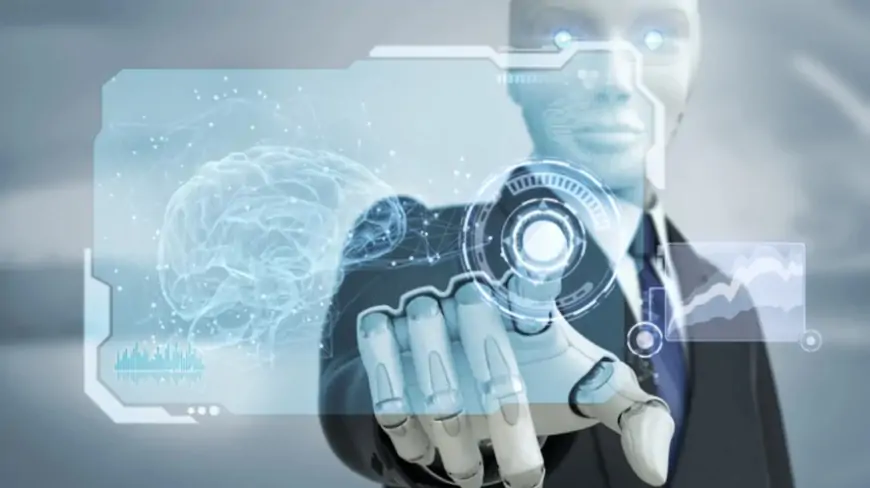Can AI virtual assistants address all our challenges?
Discover the potential of AI virtual assistants in addressing various challenges and enhancing efficiency in everyday tasks.

Imagine waking up to find your AI virtual assistant has completed all your daily tasks—from setting alarms to managing household chores and even handling business operations. AI is increasingly automating tasks at home and in the workplace, from customer service to enhancing marketing efforts and streamlining communication. Discover how AI assistants are revolutionizing daily life, managing finances, planning vacations, and promoting healthier living.
From Artificial Intelligence to autonomous agents
Louis Grenard, Founder of Leon AI, an open-source personal assistant app, notes the evolution from basic virtual assistants like Alexa and Google Assistant to autonomous agents capable of complex tasks with advancements like GPT-3 and ChatGPT. These agents now handle diverse functions such as internet searches, software interaction, and information organization, enhanced by multi-modal capabilities integrating audio, text, and images for intuitive AI interactions.
Office innovations like the Biro pen and desktop computers have historically transformed productivity, with AI chatbots like ChatGPT revolutionizing email management by swiftly composing and responding to emails—critical given the average daily email influx of 121 messages per person. Moreover, NLP chatbots adeptly craft professional emails and diplomatically handle sensitive communications.
Beyond email automation, AI platforms like Zoho offer 24/7 personalized customer support, while Clockwise streamlines team management through AI scheduling and calendar automation. Creative professionals also benefit as AI assistants brainstorm ideas, refine advertising concepts, and generate visual content, facilitating dynamic marketing campaigns and engaging corporate communications.
Streamlining family life with AI chatbots
Whether you live alone or with a large family, integrating an intelligent AI virtual assistant into your home can offer significant advantages. Platforms like Leon AI are transforming daily routines by handling tasks such as setting reminders, managing IoT devices, and coordinating family schedules through voice commands and texts. These assistants can organize activities like meal planning, school pickups, and event reminders, even creating cover stories when needed.
Advanced AI-powered financial apps like WallyGPT help manage personal finances efficiently, tracking spending and creating customized budgets. Additionally, AI chatbots support education by assisting with homework, teaching spelling to children, and generating practice questions for exams. These technologies also enable adults to learn new skills, from languages to programming, showcasing the broad utility of AI chatbot advancements beyond household management.
AI revolutionizes leisure and entertainment
AI chatbots and virtual assistants extend beyond mundane tasks, enhancing recreational activities and leisure experiences. Conversational AI assistants can now assist in planning the perfect holiday, from suggesting ideal destinations to booking flights and accommodations. They also recommend books or movies based on your preferences for a relaxing poolside session.
In matters of romance, NLP applications can make dating more engaging by crafting humorous responses or poems, tailored to individual preferences. While AI can't replace traditional date nights, it can support culinary endeavors by suggesting and guiding through cooking recipes, even for those less skilled in the kitchen. The versatility of AI chatbots enriches leisure pursuits, offering personalized assistance for a variety of activities beyond daily routines.
Louis Grenard highlights that ongoing AI chatbot advancements will continue shaping our lives, with the extent of their integration depending on individual acceptance. He anticipates significant transformations in home environments within the next five years. However, Grenard stresses the critical importance of prioritizing user privacy as these assistants require access to sensitive data to operate effectively. Assurances in security measures could increase the adoption of AI virtual assistants in daily life, potentially simplifying routines. Over time, reliance on such technology may become so natural that previous methods of self-management fade into memory.












































